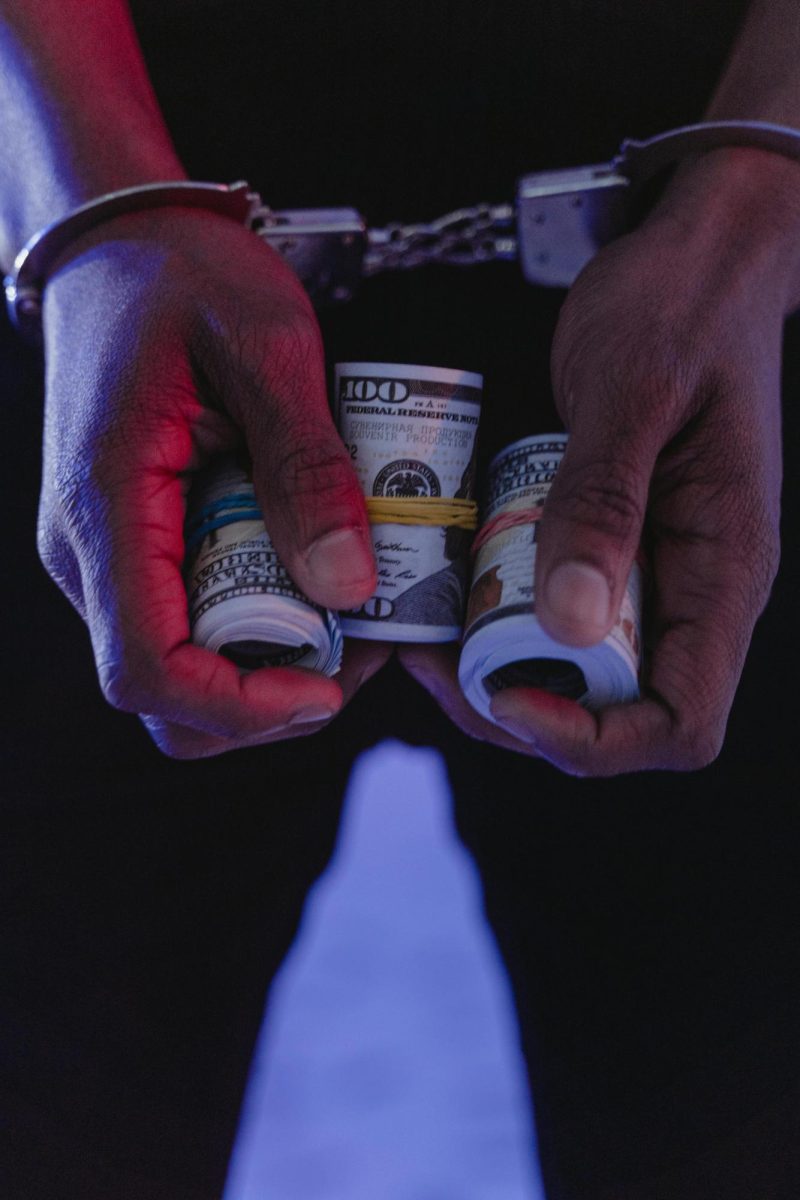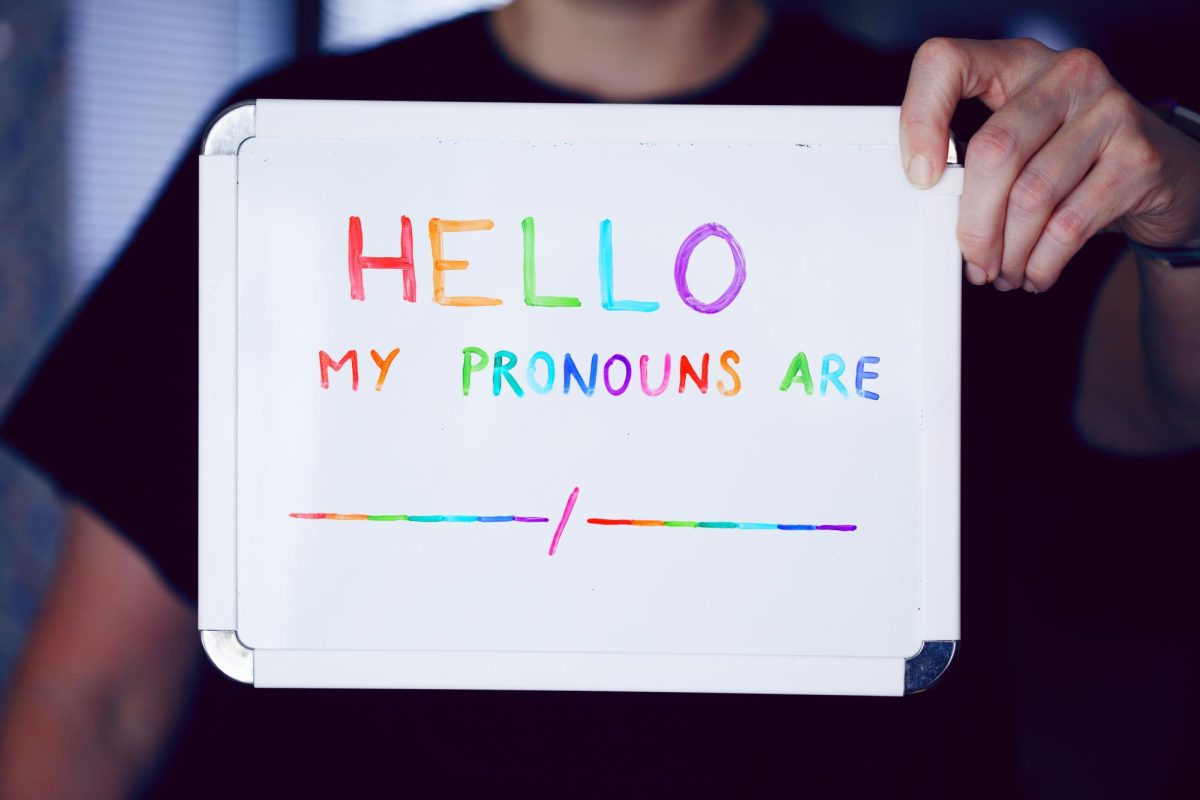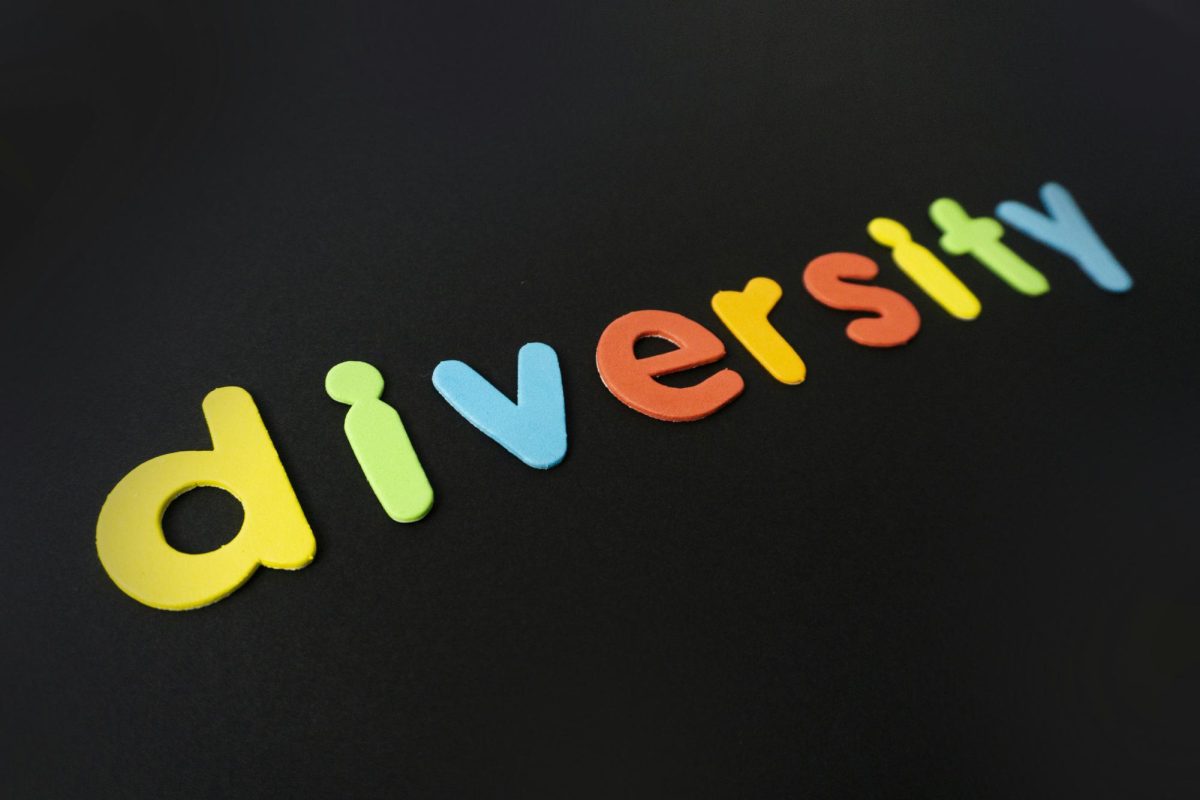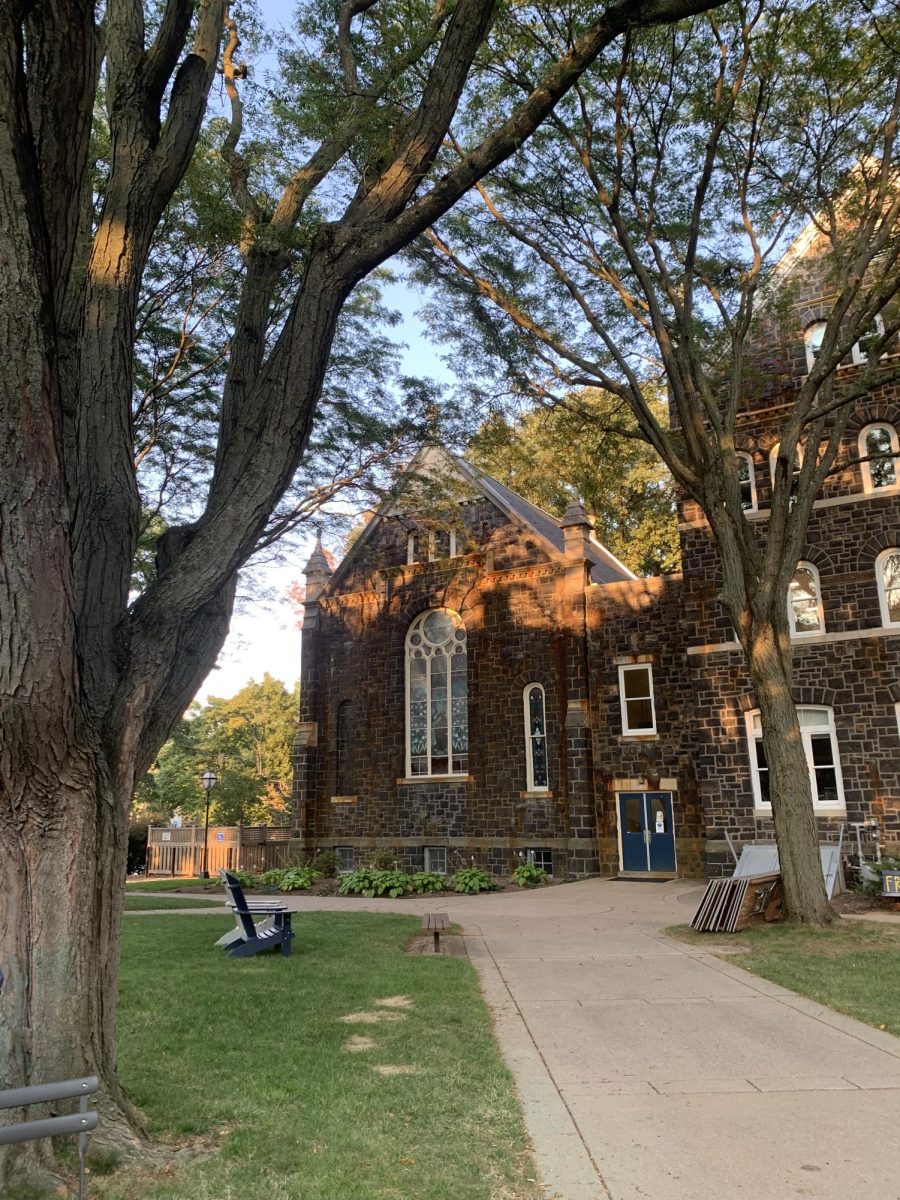The American Justice system needs various means of reform, but to me, one of the most significant issues lies in the bail system, where one’s freedom depends on one’s financial situation. In simple terms, accused individuals must pay a certain amount of money to be released from jail before their trial, the cost of which often depends on whether they are a flight risk and their crime. Some situations, such as violent and or repeated crimes, may lead to no bail being offered at all, where the individual must stay incarcerated until their trial. Basically, bail is a monetary promise the accused pays to the court, which they will receive back after the trial, under the stipulation they attend all hearings.
In case it is not apparent, this system discriminates against low-income individuals who cannot afford bail. As a result, those with financial means can secure their release while others remain incarcerated solely due to their inability to pay.
Imagine a billionaire who does not pay for street parking every day simply because he can afford to pay for the repeated tickets. And then, down the street, someone who parked past their limit due to a medical emergency is charged the same expense but has to decide whether to pay the ticket or put food on their table that month. I understand the importance of fines and bail as a preventive measure, but it simply does not work to effectively punish those in the upper class when these penalties are just a drop in the ocean for them.
In the pre-trial period, those who are already low-income and cannot afford to bail themselves out may spend weeks or months in jail awaiting their trials. During this time, they cannot work and can suffer from loss of employment and housing, so if they are declared innocent, their life has already been disrupted, if not completely upended. This sort of turmoil in one’s life during the pre-trial period can also lead to individuals accepting plea deals just to be released, even if they are not guilty.
Studies have shown that the bail system disproportionately affects people of color and economically disadvantaged communities. Pew Research found that Black and Hispanic individuals were more likely than Whites with similar criminal histories, and current charges tend to receive higher bail charges and lengthier and more punitive sanctions, such as incarceration rather than probation. According to the Vera Institute of Justice, young Black men are about 50% more likely to be detained pretrial than their white counterparts, revealing the ubiquitous impact of race in the American justice system, despite many believing it does not.
And, according to the Pew Research Center, higher bail costs are associated with increased pretrial time in jail, which has been linked, in turn, to a greater likelihood of conviction. If one was able to bail themselves out, they could continue working to afford a better lawyer, as well as having time to prepare their defense.
The difference between White and Black bail fees is not small; the Pennsylvania ACLU found that Black individuals, on average, were charged $12,866 more in bail fees than their white counterparts within that study.
But, this system of bail also fosters a gross aspect of capitalism, which leeches off those already indisposed, where bail bondsmen attempt to make a profit on this unethical system. For those unable to afford bail, a bail bondsman will typically charge a non-refundable fee, which is usually around 10% of the total bail amount, and will then post the full bail amount to the court on behalf of the defendant. In return, the defendant or their family must provide collateral, such as property or assets, to secure the bond. If they cannot return this payment, they are in an even worse situation.
All of this evidence proves that the bail system needs to be reformed or replaced with alternative methods not based on financial means. To those who believe bail and pretrial incarceration increase crime rates, it is actually the opposite. American Progress found that bail actually has a criminogenic effect and is also associated with a 6 percent to 9 percent increase in the rate of being charged with a future crime.
And, to those who think the accused would be less likely to show up to hearings and trials throughout their case if they do not pay a cash bond, The U.S. The Office of Justice Programs found that was also the opposite. The average appearance rate for individuals with similar cases that assigned cash bail was 81 percent, compared with 88 percent for people who were assigned unsecured bonds.
In simple terms, a secured bond requires collateral, such as cash or property, to secure the release from pre-trial detention, which may be forfeited if the defendant fails to appear in court. On the other hand, unsecured bonds do not require collateral; instead, the defendant signs an agreement to pay a specified amount if they do not comply with court conditions. So, with unsecured bonds, low-income individuals won’t have to pay bond fees unless they don’t comply with their court appearances.
It is clear why more American states should shift away from the cash bail system; some, such as Washington, D.C., Illinois, New Jersey, New Mexico, Arizona, Alaska, Colorado, Kentucky, and Maryland, have already eliminated it. There are many different alternatives, such as unsecured monetary bail, phone call and mail-in reminders about hearings, and two-way text messaging apps that notify defendants of pending court dates and allow them to communicate with their lawyers, all of which have shown to drastically improve court likeliness to appear at court without the consequences of cash bail, according to the Pennsylvania ACLU.
Color of Change has a great copy-and-paste letter to send to your local district attorneys, imploring them to end the cash bail system, and there are many valuable petitions circulating that hope to end the use of this disproportionally punitive system.







